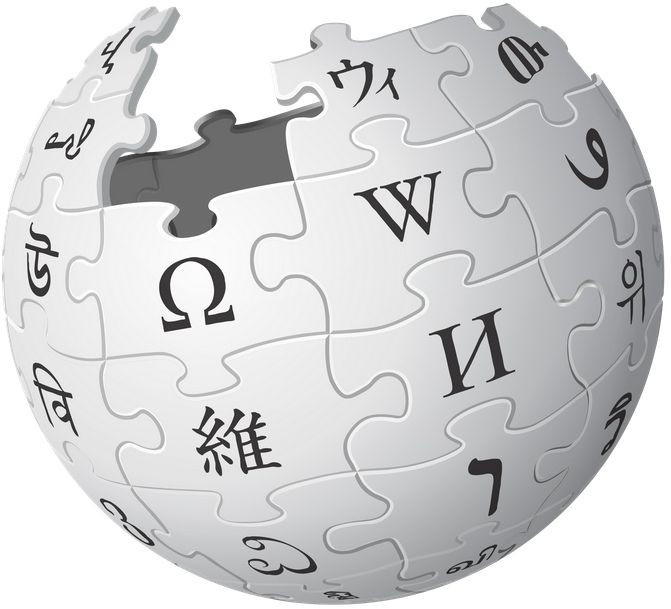Wikipedia Holds Misinformation In Many Health-Related Subjects; Why Speaking With A Doctor Is Best

Too often, things like a bug bite that’s a bit too big or a little trouble breathing will send us into a frenzy trying to figure out what it is. And with only about one in five Americans being able to afford their medical bills, it’s safe to say that no one wants to go see a doctor, should they find out the worst. So, many of these people scour Internet forums, health websites, and Wikipedia — didn’t any of them learn Wikipedia is unreliable? A new study shows that this is indeed true, finding that many Wikipedia articles contain false information.
The U.S. researchers involved in the study looked at “the 10 most costly conditions in terms of public and private expenditure in the United States." The medical conditions were heart disease, cancer, mental disorders, trauma-related disorders, osteoarthritis, chronic obstructive pulmonary disease (COPD)/asthma, hypertension, diabetes, back problems, and hyperlipidemia. They scanned the Wikipedia articles of each of them, looking for any statements that were asserted as facts, such as “diuretics are the initial drug of choice for essential hypertension without comorbidities.” They then took these statements and fact-checked them against the information in various peer-reviewed journals.
Nine out of the 10 conditions were described with false or misguided information in the Wikipedia articles, with major depressive disorder, osteoarthritis, COPD, and diabetes being the worst offenders. Trauma-related disorders, such as concussions, were the conditions that actually had good information. The researchers said this was most likely due to experts who updated the pages of the openly-editable site.
“While Wikipedia is a convenient tool for conducting research, from a public health standpoint, patients should not use it as a primary resource because those articles do not go through the same peer-review process as medical journals,” said lead author of the study Dr. Robert Hasty of the Wallace School of Osteopathic Medicine in North Carolina, according to the BBC. Instead, Hasty said that people should just consult with their doctor.
Yet, at the same time, the researchers also noted that up to 70 percent of physicians and medical students use the website. “Wikipedia as a medical reference should be discouraged from doing so because of the potential for errors,” they wrote. Still, we’re supposed to believe what they say, right?
While it’s easy to imply that someone who believes what they see on the Internet will more quickly believe what their doctor says, it’s probably best to question everything. After all, as many as 10 to 20 percent of cases are misdiagnosed, according to the National Center for Policy Analysis. And if a person gets past the diagnostic stage, their doctor is still prone to errors. A study from last year found that 43 million people around the world are injured due to medical mistakes.
In any case, it’s probably best to see a doctor at some point. Taking only diagnostic tests, such as this autism one, or searching Google, asking, “What does this bump mean?” can not only lead to misdiagnoses, but also toward needless stress.
Source: Hasty R, Somji A, Valladores M, et al. Wikipedia vs Peer-Reviewed Medical Literature for Information About the 10 Most Costly Medical Conditions. The Journal of the American Osteopathic Association. 2014.
Published by Medicaldaily.com



























